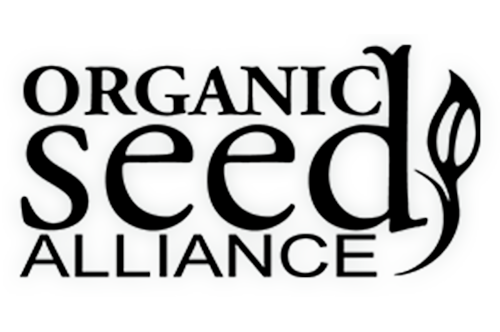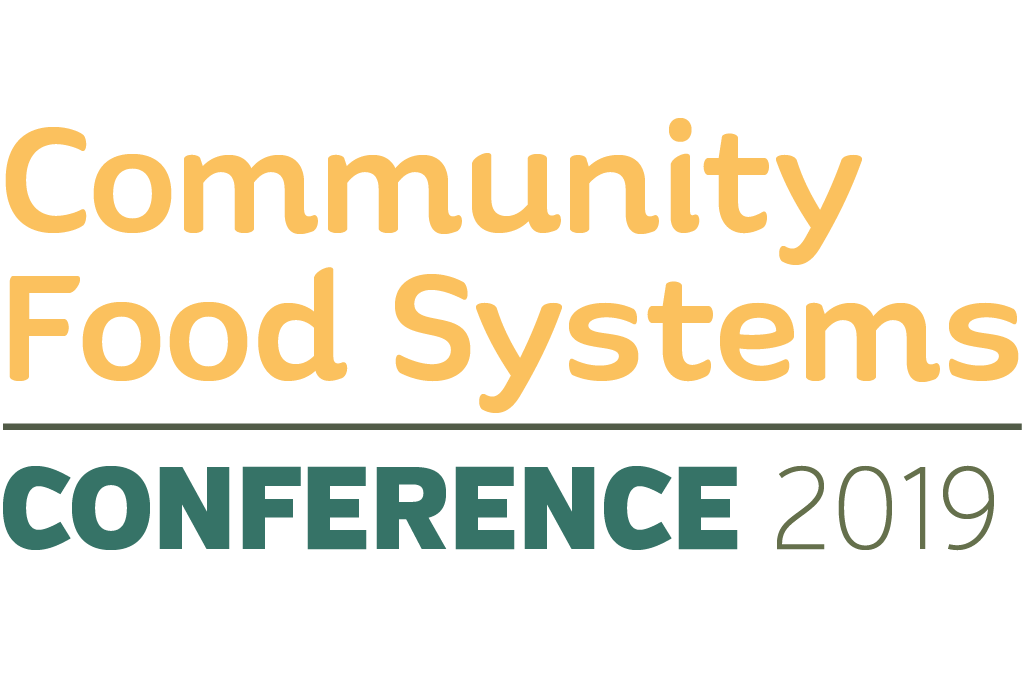Sexual violence, discrimination and toxic work environments are common among women farmworkers, who are often reluctant to discuss abuses they experience on the job. Pineros y Campesinos Unidos del Noreste (PCUN), Oregon’s farmworker union, is hoping to change that by helping farmworkers learn their rights and connecting them to local resources. Its Healing Circle is an example.
In a quiet room, several women gather in a circle. At first, they are silent, but slowly, as they talk about the pain and trauma they’ve experienced on the job, they begin to see a bit of themselves in each other. Safety and trust take root. From its women’s healing circle to in-field workshops, PCUN provides a safe space for this at-risk community. These programs and others enable the marginalized and voiceless to have a say in the decisions that affect them.
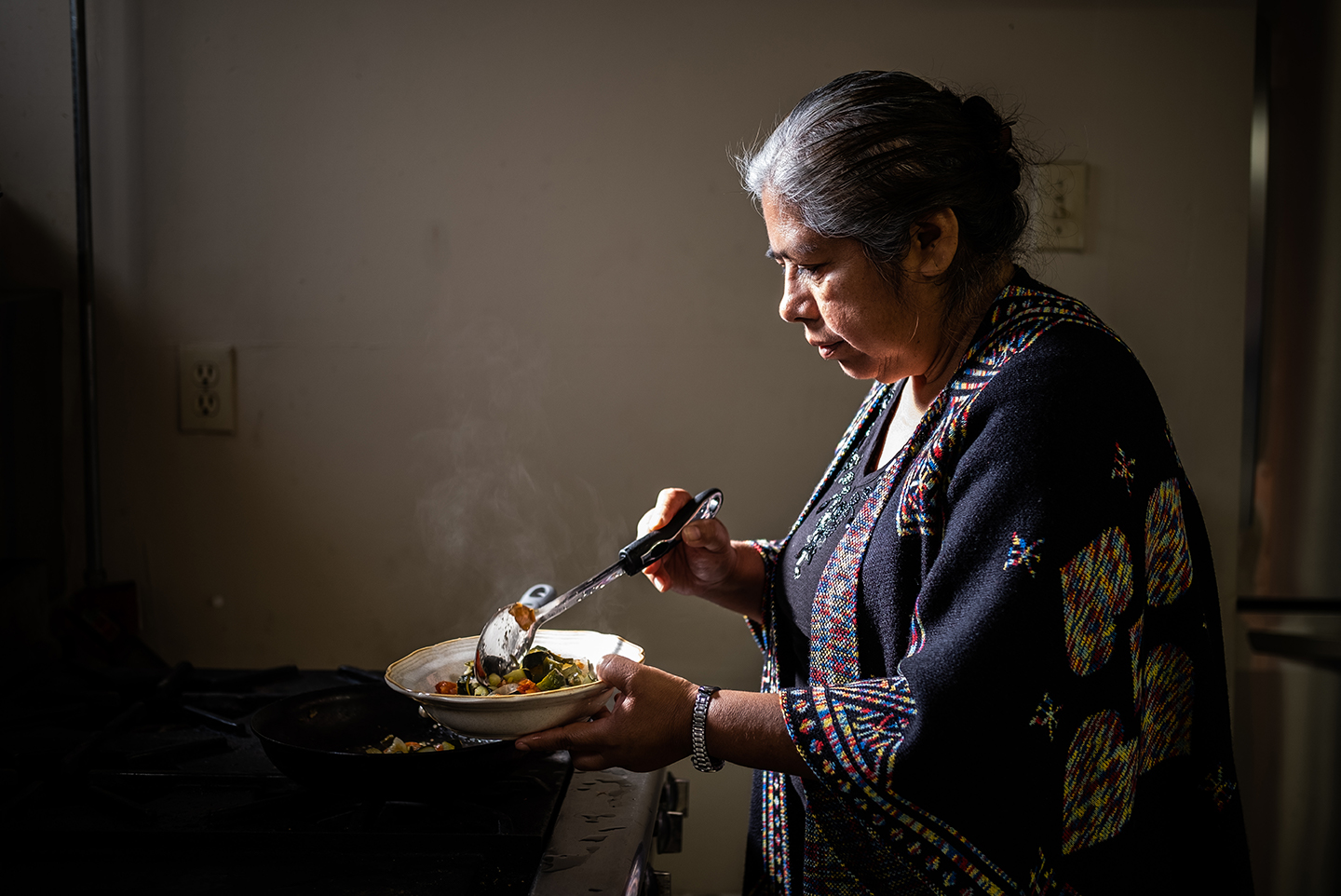
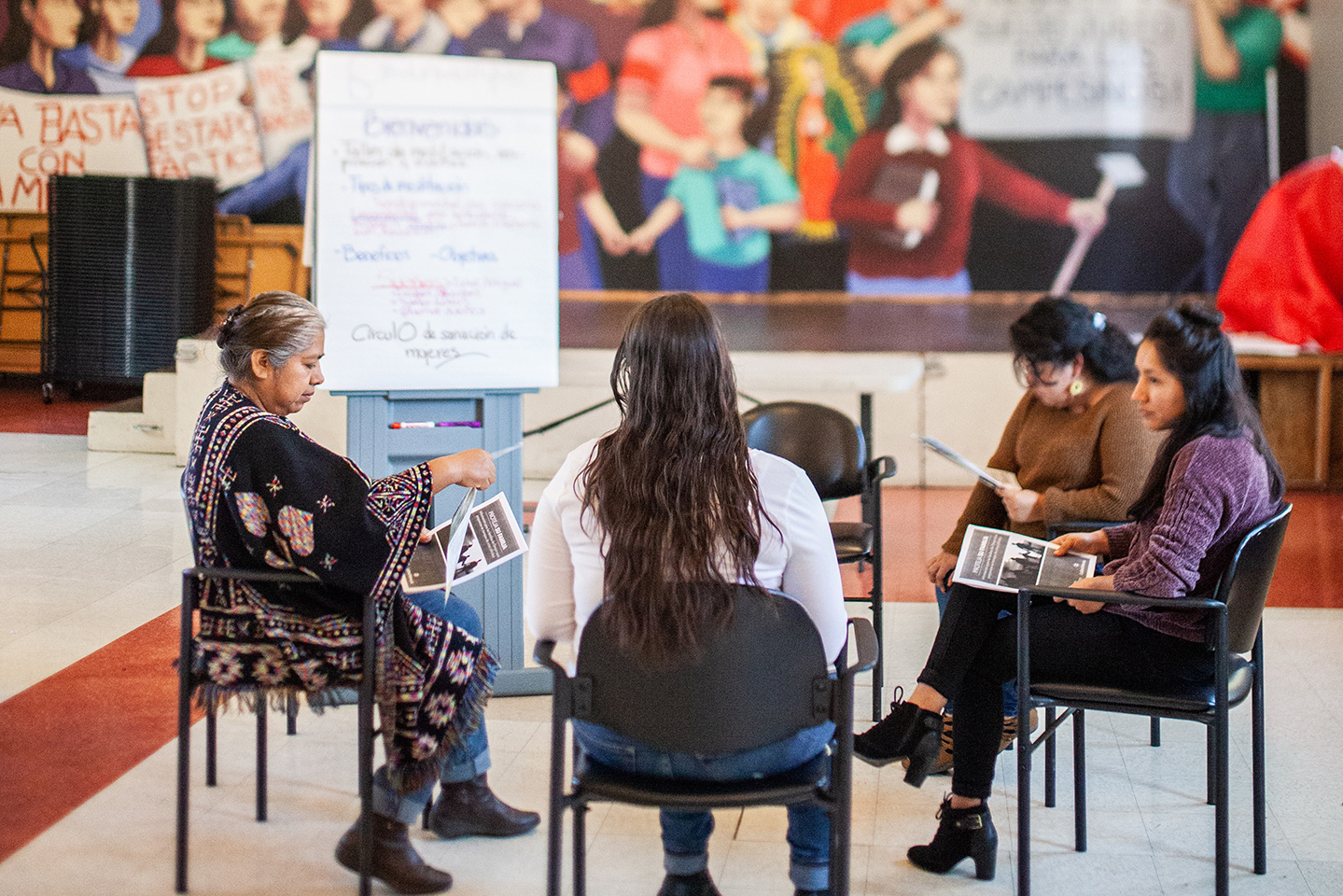

PCUN’s Healing Circle is a space for women farmworkers who have experienced sexual abuse and violence. The monthly sessions of alternative therapies and Toltec philosophy — the basis of the Four Agreements Guide to Personal Freedom — provide culturally accessible tools to confront the women’s pain and stress. In a recent meeting, participants discussed how to create positive energy through healthy choices and meditation, under the umbrella of unconditional love. The Healing Circle brings ancestral traditions, teachings and knowledge that use cultural identity to support the women’s health and well-being.
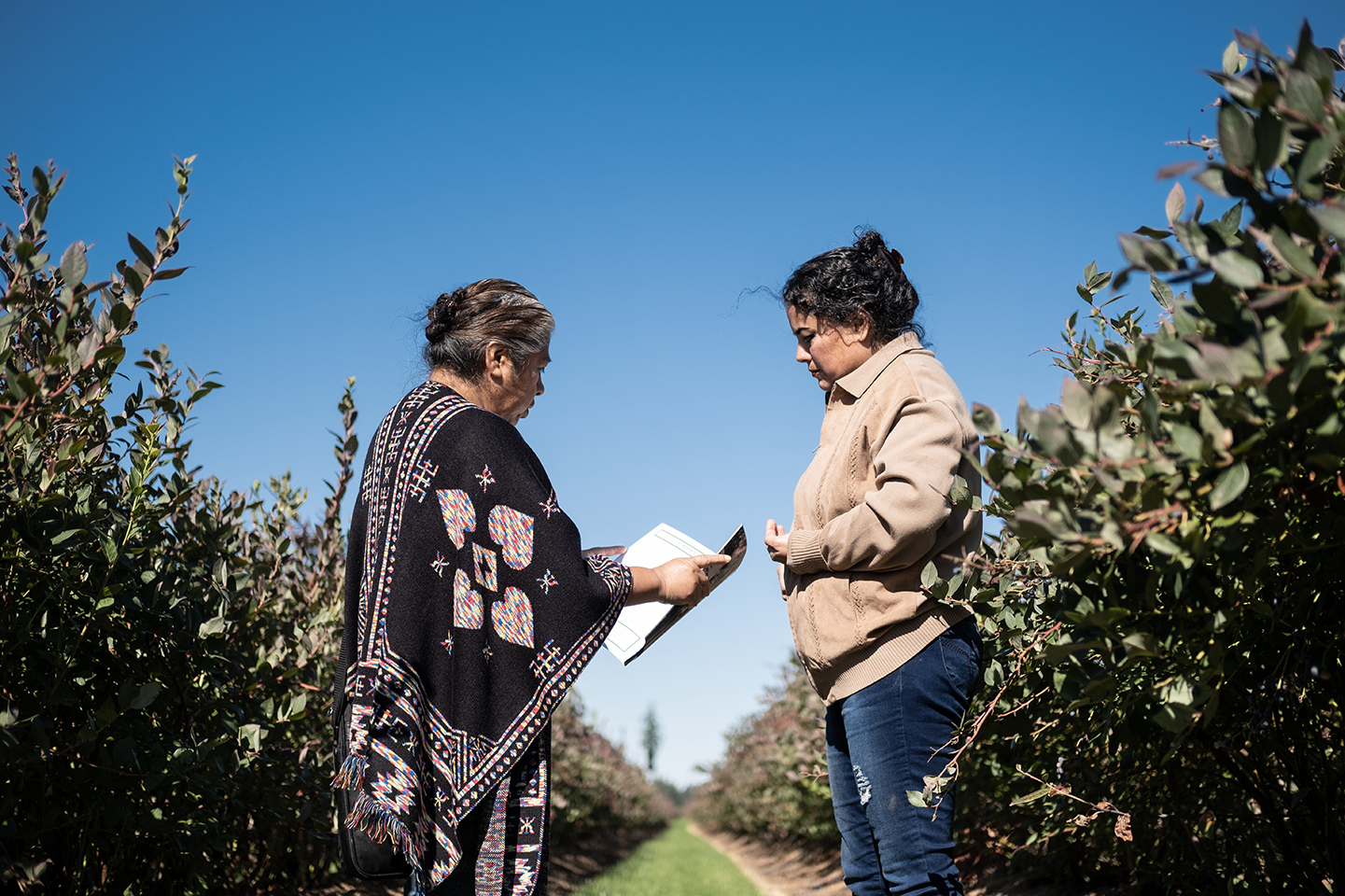
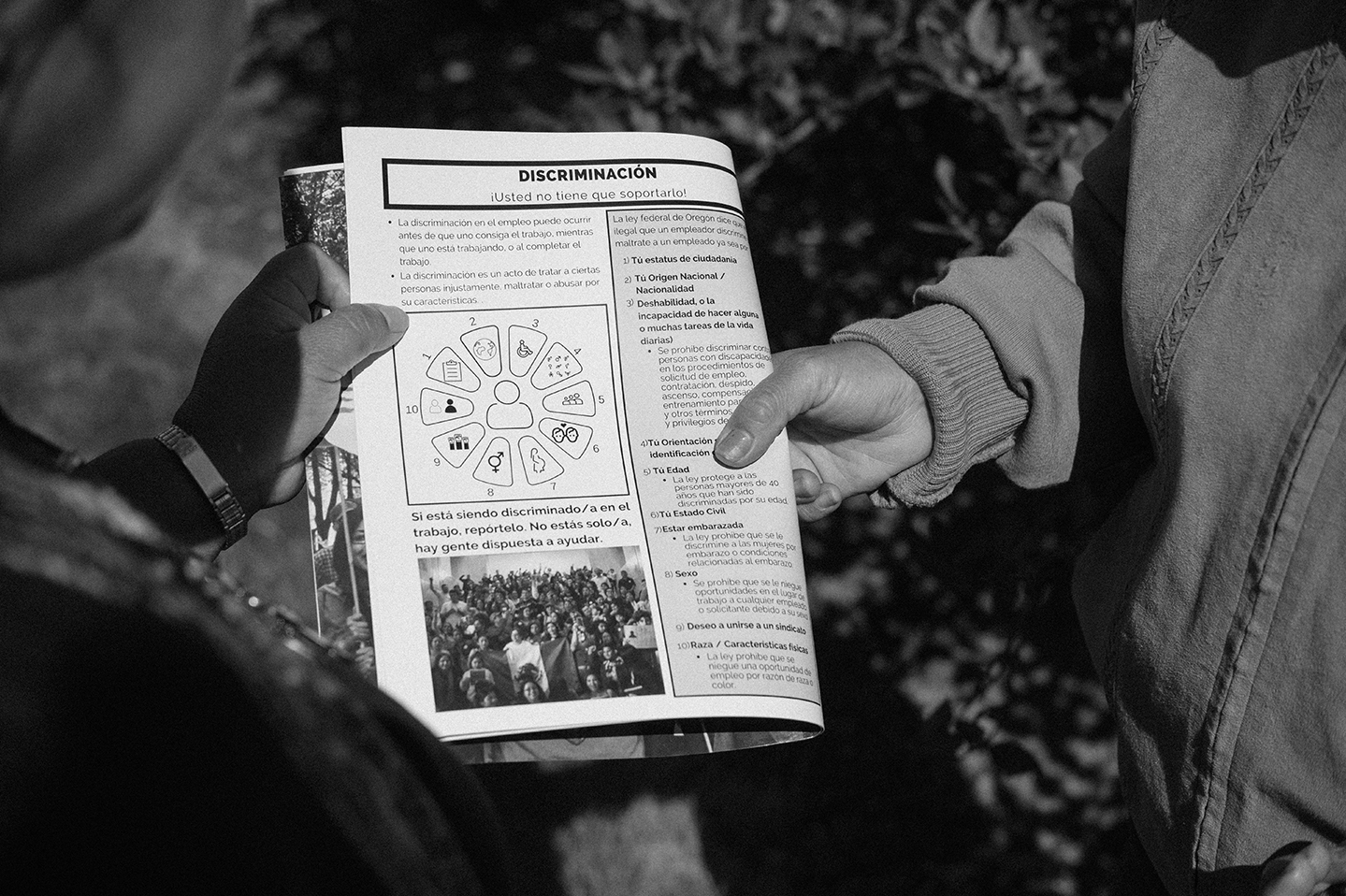
Through anonymous and confidential interviews, PCUN collects information on what’s happening in the fields and farm processing facilities. The stories reveal instances of wage theft (e.g., pay stubs not matching hours worked), a lack of sanitary spaces in the fields and housing environments that don’t seem to be in line with Occupational Safety and Health Administration (OSHA) standards. Learning about workplace violations or cases of sexual abuse enables PCUN to connect farmworkers with supportive resources and guidance materials that describe their rights. Harmful policies targeting immigrant farmworkers push the community to accept a false narrative about their rights. PCUN helps workers understand protected rights, regardless of their immigration status. Furthermore, the organization emboldens marginalized people to challenge workplace violations. For PCUN, it all comes down to connection. When farmworkers can access resources, support organizations and each other, they’re better equipped to confront inequities and illegal practices.
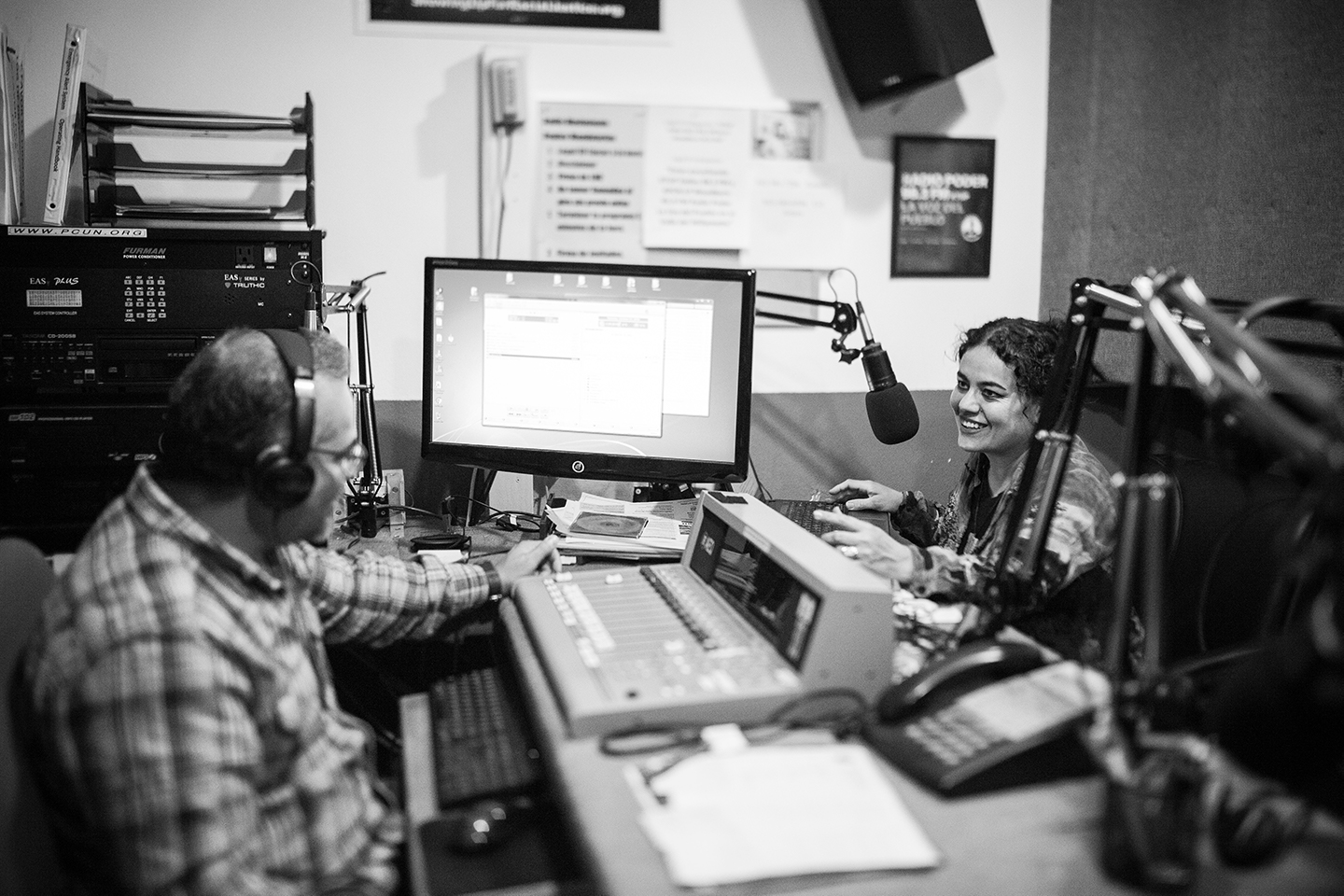
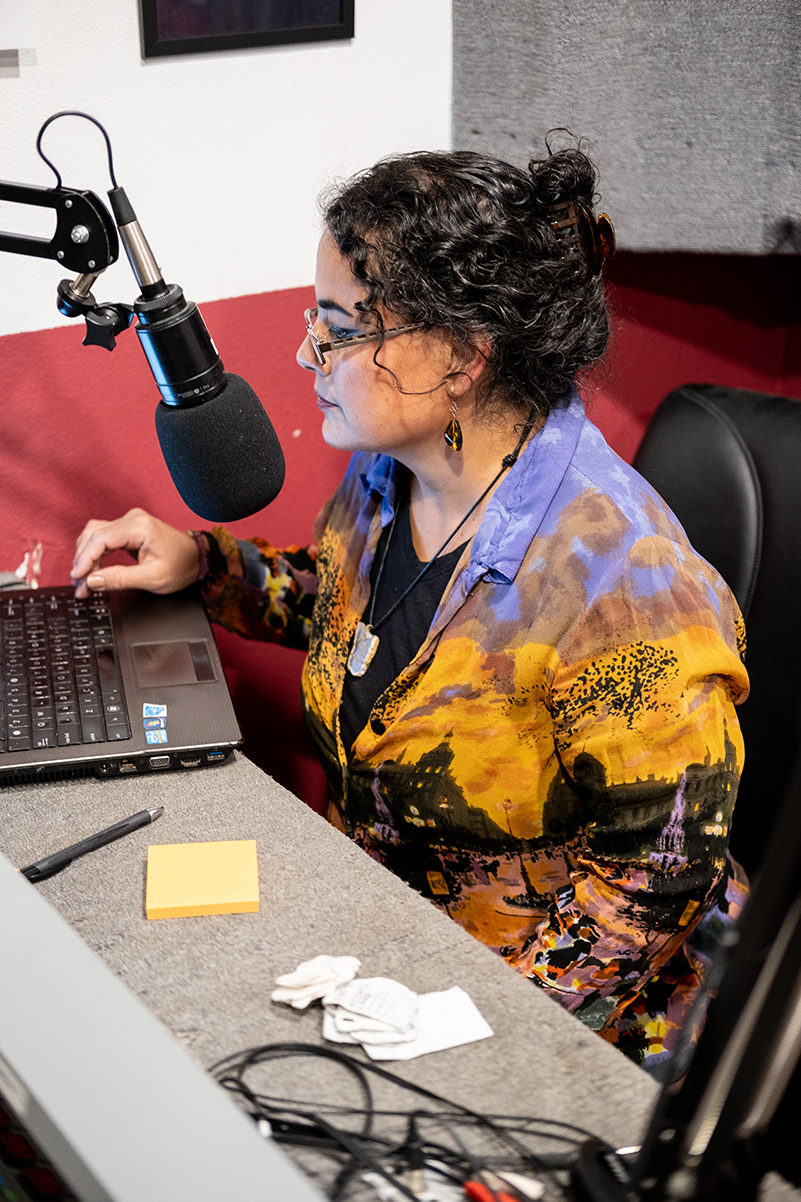
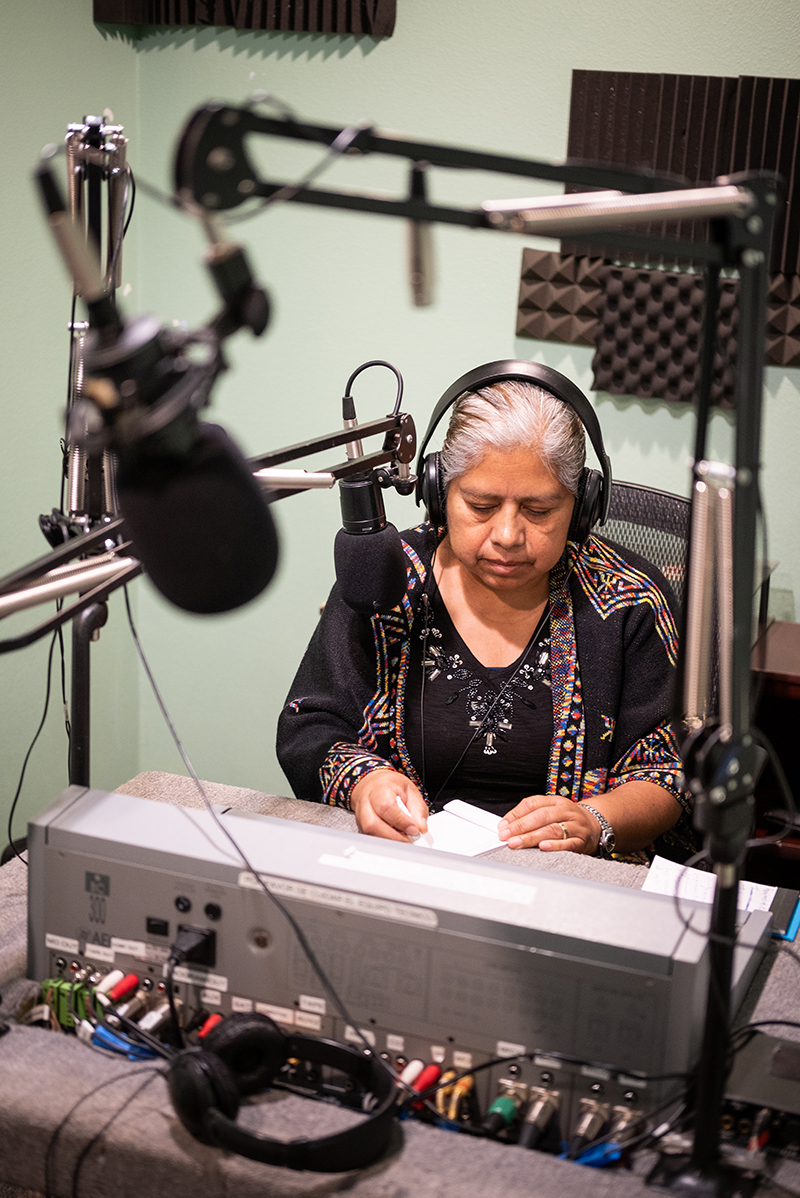
PCUN uses a radio program to help farmworkers “empower themselves” through knowledge and information. Laura Galindo, PCUN’s communications and membership director, says turning on the radio to hear someone talk about workers’ rights in Mixteco and Spanish is validation for the community. The format allows PCUN to engage those who cannot read or write in a different way, and enables them to provide testimony or lead community organizing efforts. “We’re able to move listeners to be self-advocates,” said Galindo. “It encourages participation in transforming policies, and allows the community to connect on a large scale.”
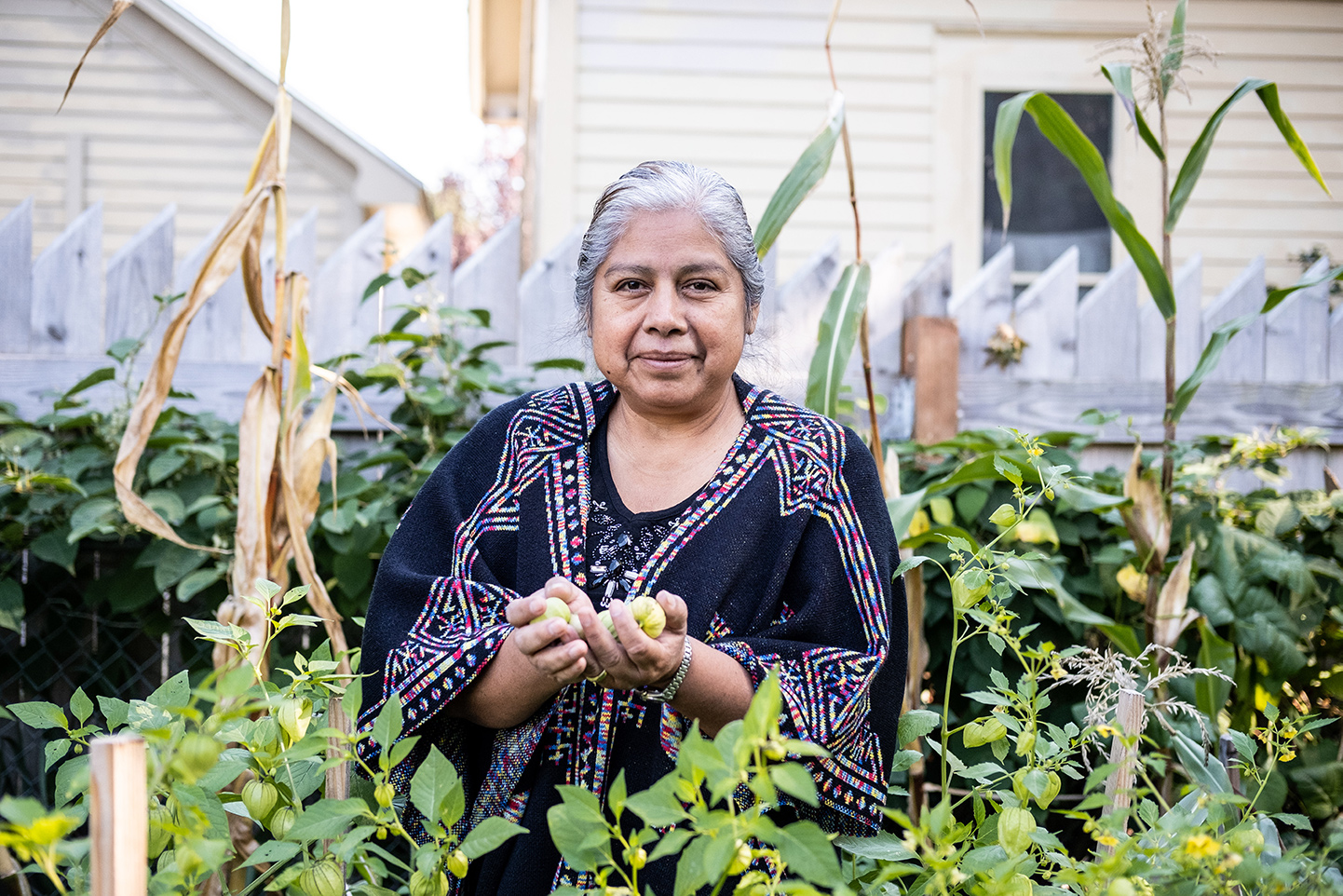
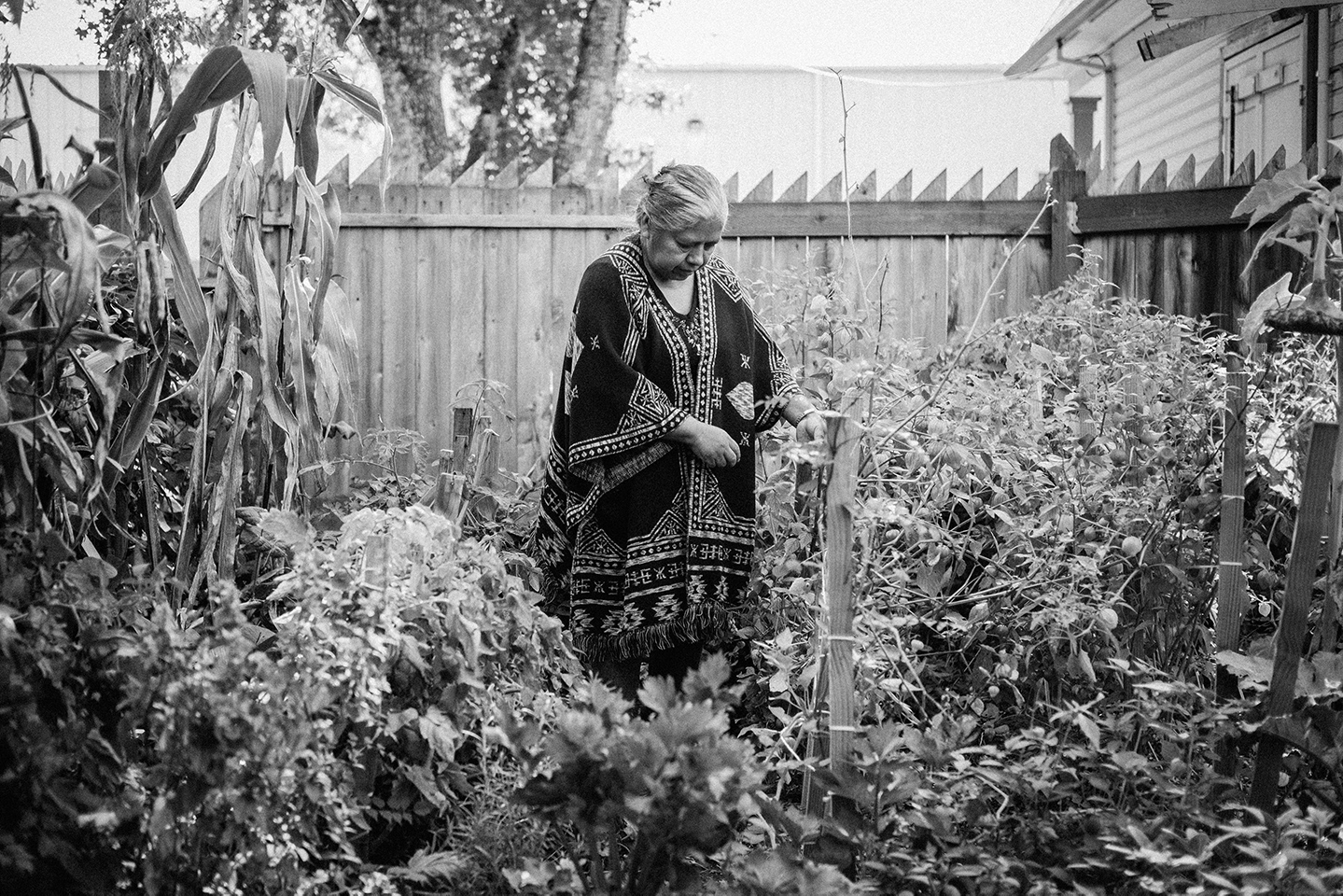
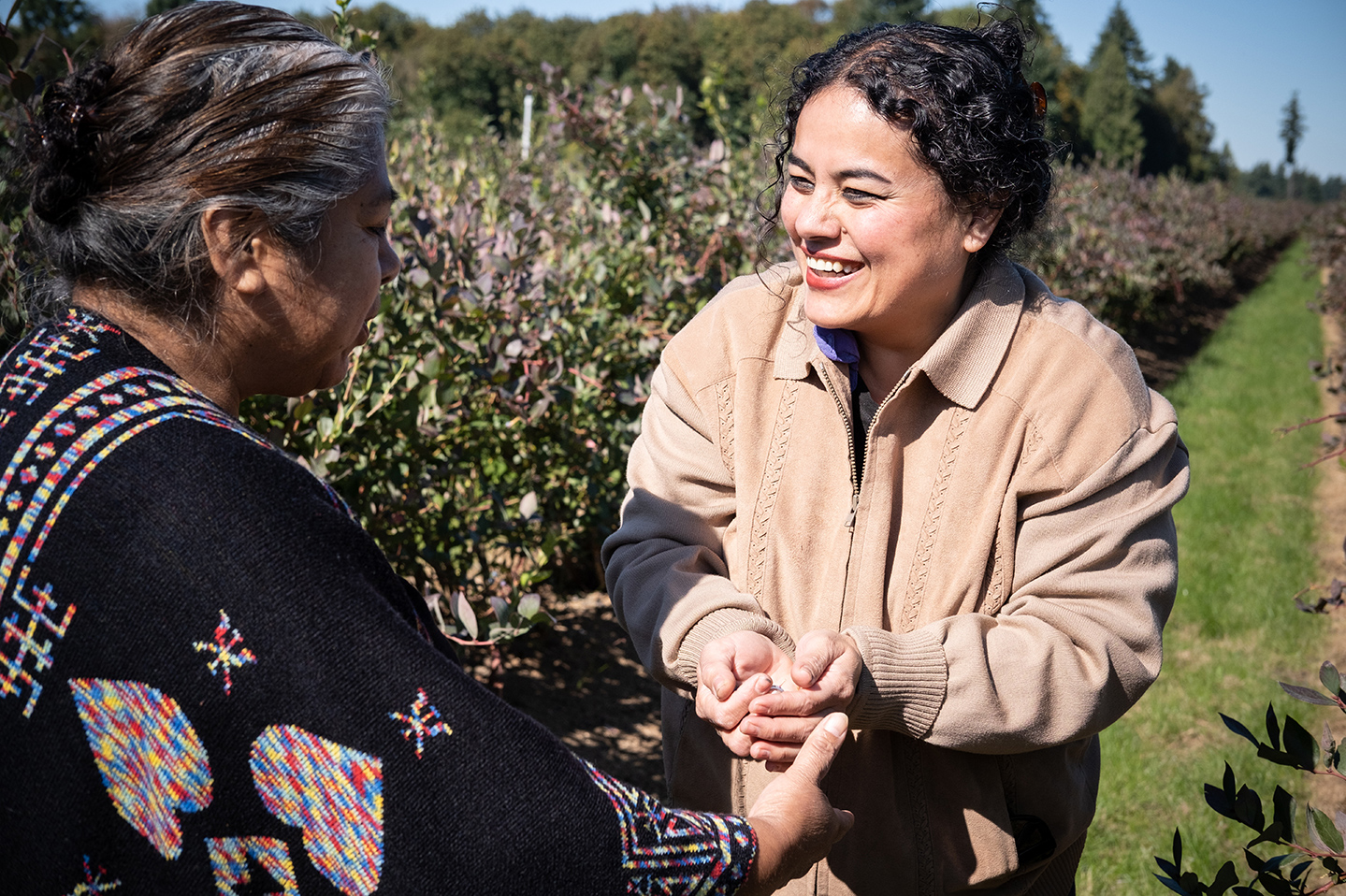
PCUN’s program success requires patience, understanding and authenticity. Connecting with a disenfranchised community is not as easy as just creating the space. “More than ever, we need trust,” said Maria Cortes, PCUN’s Healthy Workplaces organizer. “The hardest thing for someone to give is trust. It comes from a place of not receiving any trust or confidence, often over a lifetime. No one is investing in you. And that’s when we’re most successful. It’s because we allow people to be vulnerable and be heard, while also hearing and seeing other people’s stories that are just like their own.”



